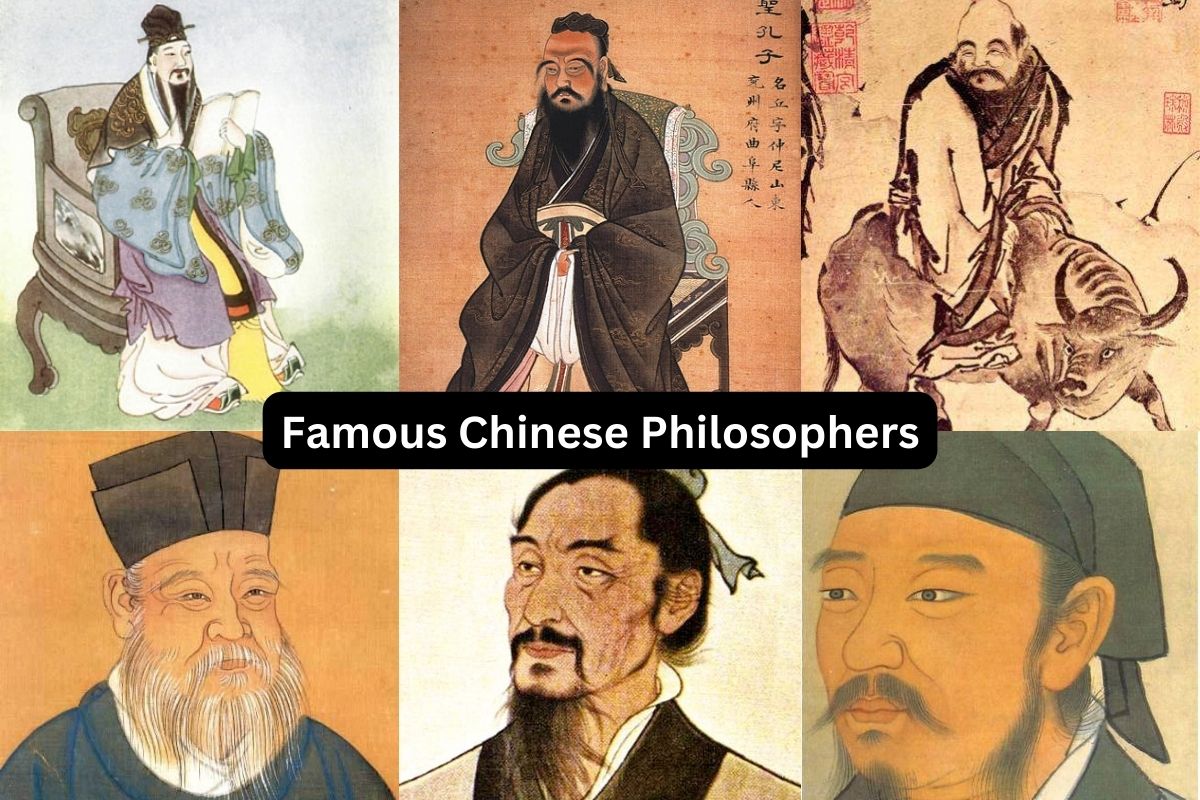Chinese philosophy has a long and rich history that spans more than two thousand years.
It encompasses a variety of schools of thought and ideas, many of which have had a profound impact on not only Chinese culture, but also on the development of philosophy and religion worldwide.
Some of the most well-known Chinese philosophers include:
- Confucius
- Lao Tzu
- Mozi
- Zhuangzi
- Xunzi
Each of these great philosophers contributed unique ideas and perspectives to the development of Chinese philosophy.
Confucius emphasized the importance of personal and governmental morality, proper social relationships, and justice. Lao Tzu founded Taoism, a philosophy and religion that emphasizes living in harmony with the natural order of the universe.
Mozi founded the Mohist school of thought, which advocated for universal love and equality. Han Feizi founded Legalism, which emphasized the importance of a strong government and strict laws.
Xunzi believed in the importance of education and self-cultivation, while Mencius believed in the inherent goodness of human nature.
Chinese philosophy has had a significant impact on a wide range of fields, including ethics, politics, religion, and aesthetics. Its ideas and perspectives continue to influence modern Chinese society and culture, as well as the wider world.
Famous Chinese Philosophers
1. Confucius (Kong Qiu)
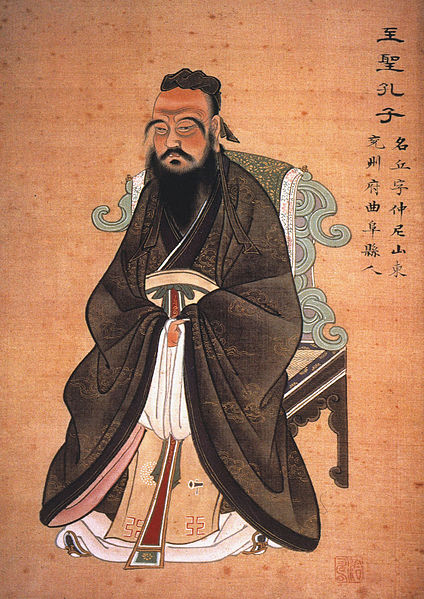
Confucius, also known as Kong Qiu, was a Chinese philosopher and teacher who lived from 551-479 BCE. He is considered one of the most important figures in Chinese history, and his teachings have had a profound impact on Chinese culture and society.
Confucius emphasized the importance of personal and governmental morality, proper social relationships, and justice.
He believed that by following the principles of the “Five Constants” (humanity, justice, propriety, wisdom, and faithfulness) and the “Six Arts” (ritual, music, archery, charioteering, calligraphy, and mathematics), individuals could become virtuous and contribute to a harmonious society.
Confucius also believed in the importance of education and self-cultivation. He believed that individuals should strive to improve themselves and cultivate their character in order to become better members of society.
Confucianism became one of the dominant schools of thought in China, and Confucius’ teachings were influential in shaping Chinese culture and society. They also had a significant impact on the development of other East Asian cultures, including Japan, Korea, and Vietnam.
Today, Confucius is still revered as a cultural icon in China, and his teachings continue to be studied and debated by scholars and philosophers around the world.
2. Mencius
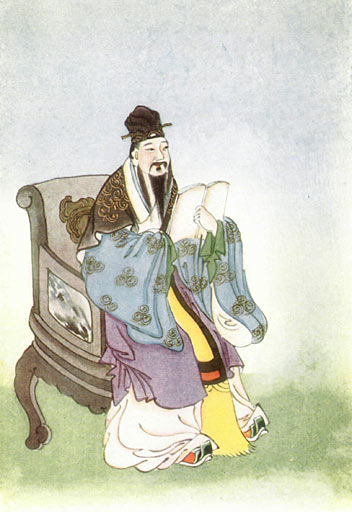
Mencius, also known as Mengzi, was a Chinese philosopher who lived from 372-289 BCE. He is considered one of the most important Confucian philosophers, and his ideas and teachings played a significant role in shaping Chinese philosophy and culture.
Mencius believed in the inherent goodness of human nature. He argued that all people have a natural tendency towards kindness, righteousness, and other virtuous qualities, and that these qualities can be cultivated and developed through education and self-reflection.
Mencius also emphasized the importance of social relationships and the role of government in promoting social order and harmony. He believed that rulers had a moral obligation to govern justly and with compassion, and that a society that was ruled by virtuous leaders would be prosperous and harmonious.
Mencius’ ideas had a significant impact on the development of Confucianism and Chinese philosophy more broadly.
His emphasis on the importance of human nature and the cultivation of virtue has been influential in Chinese culture for centuries, and his teachings continue to be studied and debated by scholars and philosophers around the world today.
3. Lao Tzu
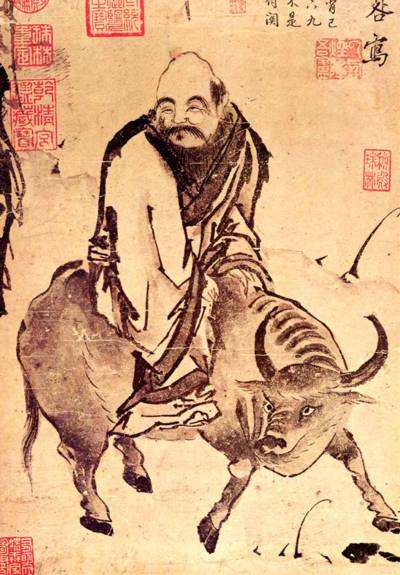
Lao Tzu, also known as Laozi, was a philosopher and writer who lived in China during the 6th century BCE. He is considered the founder of Taoism, a philosophical and religious tradition that emphasizes living in harmony with the Tao (the Way), a fundamental principle underlying all existence.
Lao Tzu is best known for his book, the Tao Te Ching, which is one of the most influential works in Chinese philosophy. The Tao Te Ching consists of 81 short chapters that offer insights into the nature of the universe, the importance of living a simple and humble life, and the value of compassion and moderation.
Lao Tzu’s teachings emphasize the importance of inner reflection and contemplation, rather than external action or achievement. He believed that by aligning oneself with the natural order of the universe, one could achieve true happiness and fulfillment.
Lao Tzu’s philosophy has had a profound impact on Chinese culture and has influenced many other philosophical and spiritual traditions around the world.
4. Zhuangzi
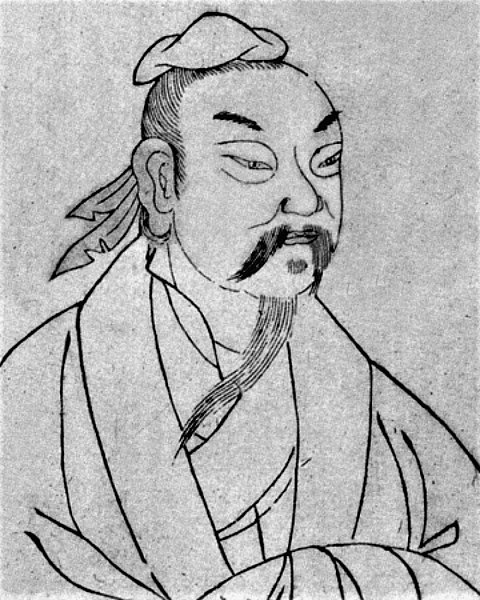
Zhuangzi, also known as Chuang Tzu, was a Chinese philosopher who lived during the 4th century BCE. He is considered one of the most important Taoist philosophers, and his book, the Zhuangzi, is one of the most influential works in Chinese philosophy.
Zhuangzi’s philosophy emphasizes the concept of the Dao, which can be translated as “the Way.” He believed that the Dao was the fundamental principle underlying all existence, and that living in harmony with the Dao was the key to achieving true happiness and fulfillment.
Zhuangzi’s teachings also emphasize the importance of personal freedom and individuality. He believed that individuals should be free to live their lives in their own way, without being constrained by external rules or societal expectations.
He also believed in the importance of humor and satire, and used these tools to challenge conventional ways of thinking and to encourage individuals to think for themselves.
The Zhuangzi is a collection of stories and anecdotes that illustrate Zhuangzi’s philosophy. These stories often involve fantastical creatures and situations, and are meant to challenge readers’ preconceptions and encourage them to think more deeply about the nature of reality.
Zhuangzi’s ideas have had a significant impact on Chinese philosophy and culture. His emphasis on the importance of the Dao and personal freedom has been influential in Taoism, and his teachings continue to be studied and debated by scholars and philosophers around the world today.
5. Mozi
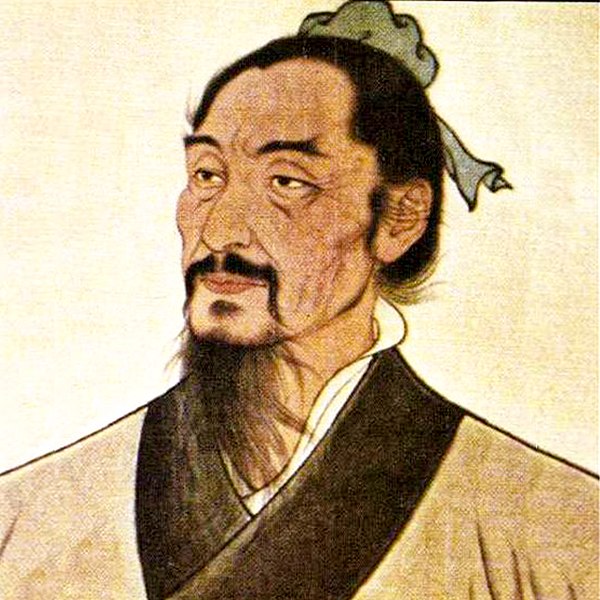
Mozi, also known as Mo Tzu, was a Chinese philosopher who lived during the 5th century BCE. He founded the school of thought known as Mohism, which emphasized the importance of universal love and the rejection of warfare and violence.
Mozi believed that all people were equal, and that it was the responsibility of individuals to treat others with kindness and compassion. He also believed in the importance of frugality and simplicity, and argued that these virtues could help to promote social harmony and well-being.
One of Mozi’s most important contributions to philosophy was his argument against the use of warfare and violence. He believed that war was a destructive and wasteful endeavor, and that it should be avoided whenever possible.
Instead, he advocated for the use of defensive measures to protect against attack, and argued that disputes should be resolved through peaceful negotiation and dialogue.
Mozi’s ideas were influential in Chinese philosophy and culture, and the school of Mohism had a significant impact on the development of Chinese thought.
While Mohism did not become as prominent as other schools of thought like Confucianism and Taoism, Mozi’s ideas continue to be studied and debated by scholars and philosophers around the world today.
6. Xun Kuang
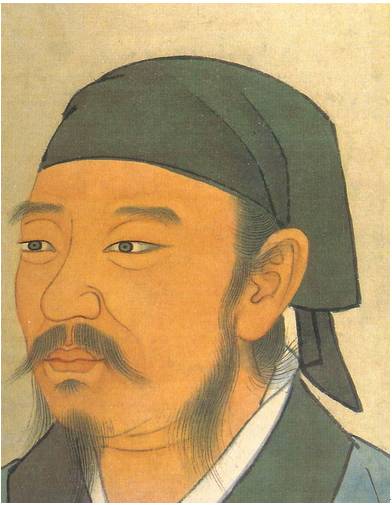
Xun Kuang, also known as Xunzi, was a Chinese philosopher who lived during the 3rd century BCE. He was a prominent Confucian philosopher and is considered one of the most important thinkers in Chinese philosophy.
Xunzi believed that human nature was inherently flawed, and that individuals needed to cultivate their moral character in order to achieve virtuous behavior.
He emphasized the importance of education and self-cultivation, arguing that individuals could become morally upright through rigorous study and self-reflection.
One of Xunzi’s most important contributions to Confucian philosophy was his emphasis on the importance of ritual and tradition. He believed that ritual was a crucial part of maintaining social order, and argued that adherence to traditional customs and practices was necessary for promoting stability and harmony in society.
Xunzi’s ideas had a significant impact on the development of Confucianism and Chinese philosophy more broadly. His emphasis on education, self-cultivation, and the importance of ritual and tradition continues to be influential in Chinese culture and society today, and his teachings are studied and debated by scholars and philosophers around the world.
7. Han Fei
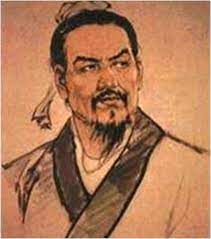
Han Fei, also known as Han Feizi, was a Chinese philosopher who lived during the 3rd century BCE. He is considered one of the founders of the Legalist school of thought, which emphasized the importance of a strong government and strict laws to maintain social order.
Han Fei believed that human nature was inherently selfish and that individuals needed to be controlled by a strong government in order to prevent chaos and disorder.
He believed that rulers should use harsh punishments to deter crime and maintain social stability, and argued that the legal system should be clear and consistent in order to prevent corruption and abuse of power.
One of Han Fei’s most important contributions to Chinese philosophy was his emphasis on the importance of practical governance. He believed that rulers should focus on the practical needs of society rather than abstract moral principles, and argued that effective governance required a deep understanding of human behavior and psychology.
Han Fei’s ideas were influential in Chinese philosophy and had a significant impact on the development of Chinese legal and political systems. While Legalism was not as prominent as Confucianism or Taoism, Han Fei’s ideas continue to be studied and debated by scholars and philosophers around the world today.
8. Sun Tzu
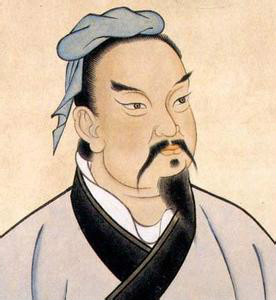
Sun Tzu was a Chinese military strategist who lived during the Eastern Zhou period, around the 5th century BCE. He is best known for his book, The Art of War, which is considered one of the most influential works on military strategy and tactics.
The Art of War emphasizes the importance of understanding one’s own strengths and weaknesses, as well as those of one’s opponents. It emphasizes the importance of strategy and planning, as well as the ability to adapt to changing circumstances.
One of the key ideas in The Art of War is the concept of “winning without fighting.” Sun Tzu believed that the best way to achieve victory in battle was to avoid direct confrontation whenever possible, and instead to use strategy and deception to outmaneuver one’s opponents.
The Art of War has had a significant impact on not only military strategy, but also on business, politics, and other areas of life. Its teachings on strategy, planning, and adaptation continue to be studied and applied by leaders and thinkers around the world today.
9. Zhu Xi
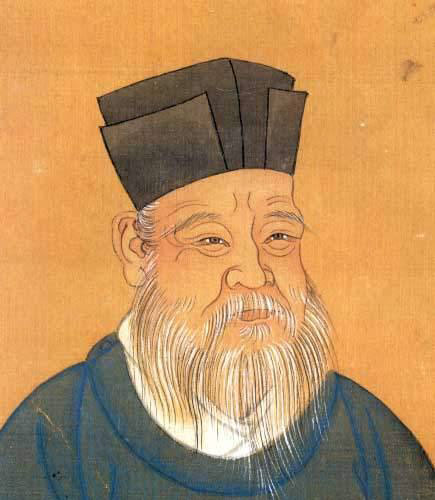
Zhu Xi, also known as Chu Hsi, was a Chinese philosopher who lived during the Song Dynasty, from 1130-1200 CE. He was a prominent Confucian scholar and is considered one of the most influential thinkers in Chinese history.
Zhu Xi’s philosophy emphasized the importance of self-cultivation and the pursuit of knowledge. He believed that individuals should strive to cultivate their moral character and develop their intellectual abilities in order to achieve a harmonious society.
One of Zhu Xi’s most important contributions to Confucian philosophy was his interpretation of the Confucian classics, particularly the Four Books (the Analects, the Mencius, the Great Learning, and the Doctrine of the Mean).
He argued that these texts should be read as a unified whole, rather than as separate works, and emphasized the importance of using reason and logic to understand their teachings.
Zhu Xi’s ideas had a significant impact on Chinese philosophy and culture, and his interpretation of the Confucian classics became the dominant interpretation in China for centuries.
Today, Zhu Xi’s teachings continue to be studied and debated by scholars and philosophers around the world, and his influence can be seen in many aspects of Chinese culture and society.
10. Feng Youlan
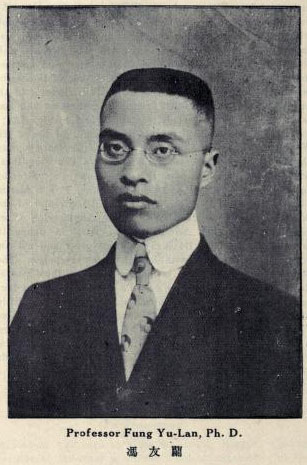
Feng Youlan was a Chinese philosopher who lived from 1895-1990 CE. He was a prominent scholar of Chinese philosophy and is considered one of the most important philosophers of the 20th century in China.
Feng Youlan’s philosophy emphasized the importance of understanding the history and development of Chinese philosophy in order to better understand its contemporary significance.
He believed that Chinese philosophy should not be seen as a static tradition, but rather as a living and evolving tradition that continues to be relevant today.
One of Feng Youlan’s most important contributions to Chinese philosophy was his reinterpretation of the concept of Dao (the Way). He argued that Dao should not be seen as an abstract principle, but rather as a concrete reality that is present in all aspects of human experience.
Feng Youlan’s ideas had a significant impact on the development of modern Chinese philosophy and were influential in the Chinese intellectual renaissance of the 20th century.
Today, his teachings continue to be studied and debated by scholars and philosophers around the world, and his influence can be seen in many aspects of contemporary Chinese culture and society.
